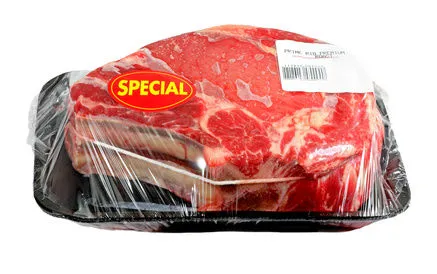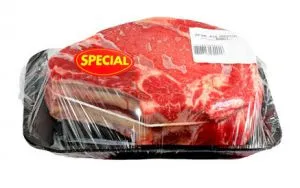
- Share on Facebook153
- Share on Pinterest
- Share on Twitter
Wal-Mart stores in China have serious amends to make to their customers since the discovery that the ‘five-spice’ donkey meat sold in several of their stores was contaminated with fox meat.
Donkey meat is a popular snack in northern China, but fox meat certainly is not. The discovery was made in early January by the Shandong Food and Drug Administration, and it is uncertain how long Wal-Mart’s donkey meat had been intermingled with fox.
The offending meat has since been recalled. Wal-Mart corporation has released a statement of apology, and promised to reimburse those who purchased the donkey-fox ‘mystery meat’ amalgamation. They have also stated that they have taken legal action against the supplier in question, and will be investigating the matter further, as well as heightening their food safety rules.
Shaun Rein, the managing director of China Market Research (CMR) group based in Shanghai, said, “this is another hit on Wal-Mart’s brand, meaning wealthy shoppers will start to lose the trust they had before.”
Wal-Mart China’s reputation was not very sound even before this discovery, with a list of incidents against its trustworthiness. One example is when Wal-Mart was fined in 2011 for selling duck meat that was past its expiration date.
There are currently over 400 Wal-Mart stores in China. The corporation is planning to open up 110 new stores over the next few years, and is worried that this new incident will further damage their reputation – with good reason.
Wal-Mart, however, is not alone when it comes to strange, unsavory ingredients appearing in mystery meats. In 2013, other Chinese meat products claiming to be lamb were also found to contain fox meat. Other scandals involving Chinese food products, such as contaminated dog jerky treats, have made the news often over the last several years, and earlier.
The United States imports billions of dollars of food from China every year. According to Natural News, only a very small percentage of these imports are thoroughly inspected by the FDA.
The mislabeling of meats is not exclusive to China, either. Last year in the United States, the non-profit group, Oceana, took samples of various fish around the country, and discovered that approximately one third of the fish samples they tested were not the type of fish on the label.
According to reports by Time magazine, the U.K. Food Standards Agency has estimated that ten percent of the food we purchase, “may be adulterated.”
 The lesson here: don’t trust large corporations and food conglomerates when it comes to label accuracy. Especially in the case of meat, if you want to know what is in your food – without any nasty surprises – your best option is to buy local. Seek out a local farmer who raises organic, grass-fed meats, and purchase from them.
The lesson here: don’t trust large corporations and food conglomerates when it comes to label accuracy. Especially in the case of meat, if you want to know what is in your food – without any nasty surprises – your best option is to buy local. Seek out a local farmer who raises organic, grass-fed meats, and purchase from them.
If you do not fully trust the source of your meat, it’s hard to say if your chicken is really just chicken for example. Additionally, stay away from processed meats. Aside from all the negative health effects, it is the primary food into which ‘mystery’ ingredients may be surreptitiously added.
-The Alternative Daily
Sources:
http://www.reuters.com/article/2014/01/02/us-walmart-china-idUSBREA0103O20140102
http://www.naturalnews.com/043463_Wal-Mart_fox_meat_food_from_China.html
http://science.time.com/2014/01/02/china-fake-meat-food-fraud-scandal
https://www.thealternativedaily.com/one-third-population-may-risk-colorectal-cancer-processed-meat
- Share on Facebook153
- Share on Pinterest
- Share on Twitter

